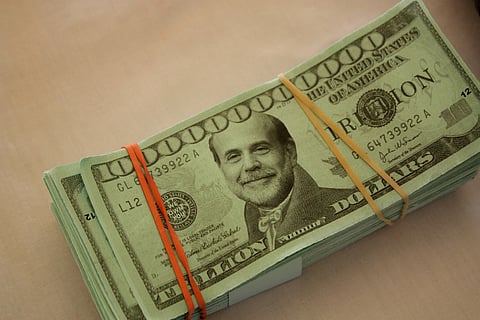Locked
The cost of QE – a global populist revolution
It has taken eight years to manifest, but we can finally identify the true cost of Quantitative Easing. A bit too early to call it a New World Order. But without doubt the developed world is witnessing a populist revolution.
By Alec Hogg
It has taken eight years to manifest, but we can finally identify the true cost of Quantitative Easing. A bit too early to call it a New World Order. But without doubt the developed world is witnessing a populist revolution.
To recap, developed nations reacted to the Global Financial Crisis by turning on their printing presses, creating money at a rate unmatched since the Weimar Republic. At the outset many fretted about the consequences. Rational thought says it is impossible to create value out of nothing.
___STEADY_PAYWALL___

